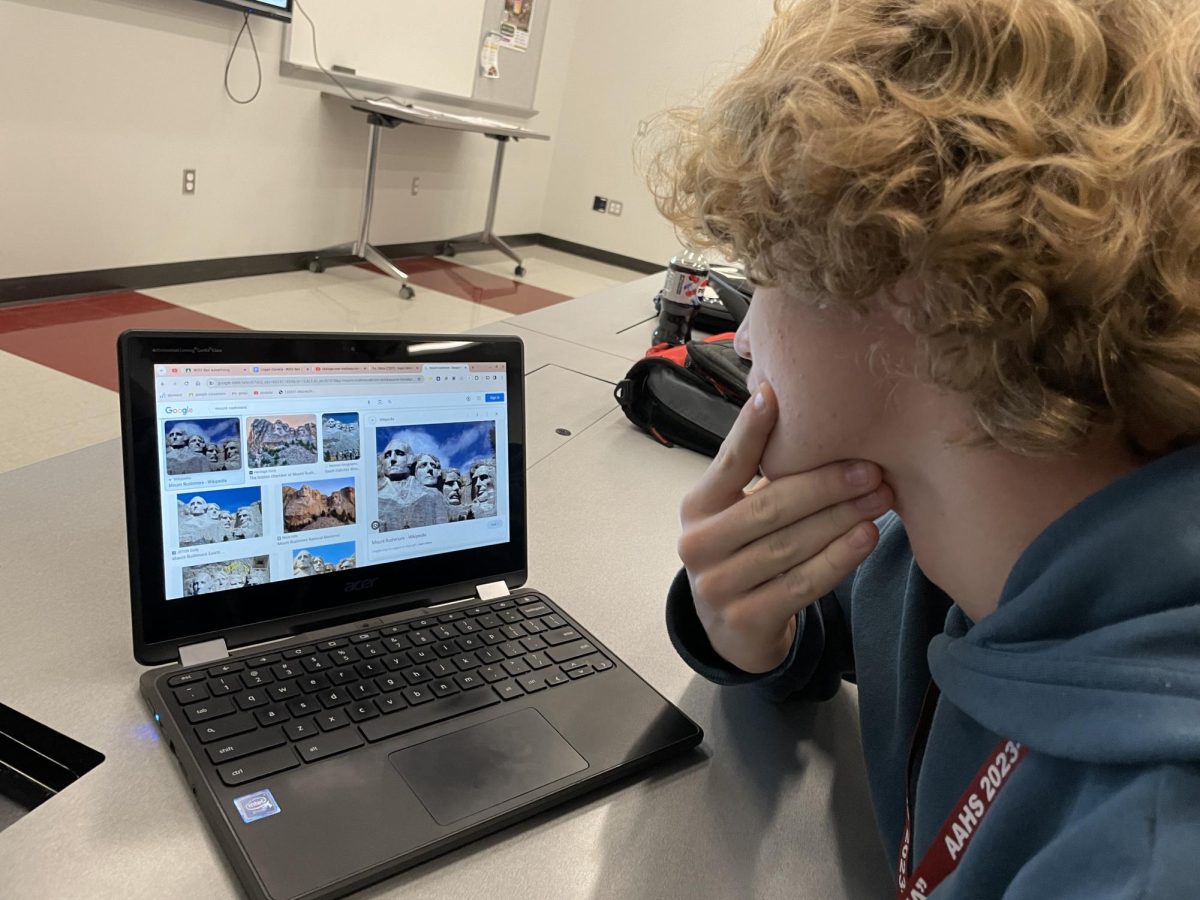As we stand at the crossroads of time, it’s important to reflect on the vision our Founding Fathers had for this great nation. The framers of the Constitution, with quills in hand and dreams of a democratic experiment, laid the groundwork for a society founded on principles of liberty, justice and the pursuit of happiness. However, as we navigate the complexities of the 21st century, it becomes increasingly apparent the nation may not be unfolding as they originally intended.
The world the Founding Fathers lived in was vastly different from present reality. The farm-based society they knew has transformed into a globalized, technologically advanced civilization. The question arises: Can the constitutional framework they meticulously crafted adapt to the dynamic challenges of the modern era?
The concept of a representative democracy, championed by the Founding Fathers, now contends with the influence of money in politics, gerrymandering and an increasingly polarized electoral system. The intended system of checks and balances faces new challenges as executive powers expand, and the judiciary becomes embroiled in ideological battles.
The Founding Fathers were men of their time – a time when issues of slavery, gender equality and indigenous rights were not afforded the consideration they deserved. As we grapple with a nation more diverse than ever, questions arise about the inclusivity of the original vision.
While strides have been made towards equal rights, systemic issues persist. Income inequality, racial disparities and the struggles of marginalized communities paint a picture that diverges from the Founding Fathers’ ideal of a society that caters to the interests of all its citizens.
The advent of the internet and the digital age poses new challenges to the constitutional norms set forth by the Founding Fathers. Surveillance technologies, social media and the vast digital footprint of individuals were inconceivable in the 18th century.
As we grapple with questions of privacy, cybersecurity and the weaponization of information, it becomes clear that the constitutional safeguards are in need of reassessment. The balance between security and individual liberties may have shifted in ways the Founding Fathers could not have anticipated.
The Founding Fathers were well aware of the importance of international relations, but the globalized nature of the present world vastly surpasses their expectations. In an era of interconnected economies and shared environmental challenges, the original vision of an America somewhat isolated from the world seems increasingly outdated.
The role of the United States on the global stage demands a nuanced approach that balances national interests with international cooperation. The Founding Fathers’ vision, rooted in the context of their time, may not fully align with the complexities of contemporary foreign policy.
As we evaluate the nation’s trajectory against the backdrop of the Founding Fathers’ vision, it becomes evident the journey has been one of both adherence and divergence. The framework they crafted was a starting point, not an endpoint. It is our responsibility, in the spirit of democracy, to continuously assess and adapt our institutions to the evolving needs of our society.
While aspects of the original vision endure, acknowledging the areas where we have strayed allows us to work towards a more perfect union. The Founding Fathers entrusted us with the ability to amend, evolve, and refine the system they established. In recognizing the gaps between their intentions and our reality, we can forge a path that honors their legacy while meeting the demands of a rapidly changing world.









